Certolizumab Pegol drug aliquots can be used for in vitro or in vivo experiments. Several other reference drugs are also available.
The drug aliquots are generated by aliquoting (dividing and repackaging) the EU-licensed reference drug.
Certolizumab Pegol drug aliquots can be used for in vitro or in vivo experiments. Several other reference drugs are also available.
The drug aliquots are generated by aliquoting (dividing and repackaging) the EU-licensed reference drug.

Find and order your therapeutic molecules through smart filters

Up to 10 batches of original drugs for examining batch-to-batch variations

Up to 80% less compared to the original pharmaceutical price

Shipment within days worldwide according to GDP-standards

Up to 80% less compared to the original pharmaceutical price
| Drug name | Cimzia® |
| INN | Certolizumab Pegol |
| API type | Certolizumab pegol is a recombinant, humanised antibody Fab' fragment (ADC) against tumour necrosis factor alpha (TNFα) expressed in Escherichia coli and conjugated to polyethylene glycol (PEG). |
| Pharmacotherapeutic group | Immunosuppressants, Tumour Necrosis Factor alpha (TNF-α) inhibitors. |
| ATC code | L04AB05 |
| Target of antibody | TNF alpha |
| General function | Certolizumab Pegol, in combination with methotrexate (MTX), is indicated for the treatment of moderate to severe, active rheumatoid arthritis (RA) in adult patients when the response to disease-modifying antirheumatic drugs (DMARDs) including MTX, has been inadequate. Cimzia can be given as monotherapy in case of intolerance to MTX or when continued treatment with MTX is inappropriate. is also indicated for the treatment of severe, active and progressive RA in adults not previously treated with MTX or other DMARDs. |
| Short description | |
| Pharmacodynamic properties (Mechanism of action; Source EMA document) | Certolizumab Pegol has a high affinity for human TNFα and binds with a dissociation constant (KD) of 90 pM. TNFα is a key pro-inflammatory cytokine with a central role in inflammatory processes. Certolizumab Pegol selectively neutralises TNFα (IC90 of 4 ng/ml for inhibition of human TNFα in the in vitro L929 murine fibrosarcoma cytotoxicity assay) but does not neutralise lymphotoxin α (TNFβ). Certolizumab Pegol was shown to neutralise membrane associated and soluble human TNFα in a dose-dependent manner. Incubation of monocytes with Cimzia resulted in a dose-dependent inhibition of lipopolysaccharide (LPS)-induced TNFα and IL1β production in human monocytes. |
| Pharmacodynamic properties (Pharmacodynamic effects; Source EMA document) | Certolizumab Pegol does not contain a fragment crystallisable (Fc) region, which is normally present in a complete antibody and therefore does not fix complement or cause antibody-dependent cell-mediated cytotoxicity in vitro. It does not induce apoptosis in vitro in human peripheral blood-derived monocytes or lymphocytes, or neutrophil degranulation. |
| Original license holder | UCB Pharma S.A. Allée de la Recherche 60 B-1070 Bruxelles Belgium |
| Marketing authorisation numbers | EU/1/09/544/004 |
| Marketing authorisation holder | UCB Pharma S.A. Allée de la Recherche 60 B-1070 Bruxelles Belgium |
| Name of the manufacturer of the biological active substance | UCB Farchim SA Zone Industrielle de Planchy d’Avau Chemin de Croix Blanche 10 CH-1630 Bulle Switzerland |
| Name and address of the manufacturer(s) responsible for batch release | UCB Pharma S.A. Chemin du Foriest B-1420 Braine l'Alleud Belgium |
| Max shelf life | 24 months |
| Storage conditions | 2°C – 8°C |
| List of excipients | Sodium acetate Sodium chloride Water for injections |
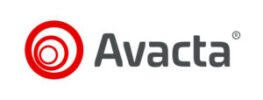
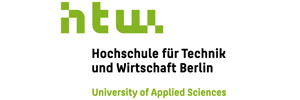
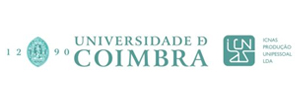
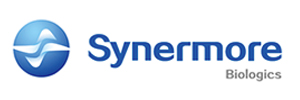

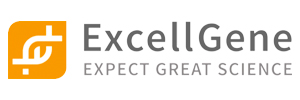

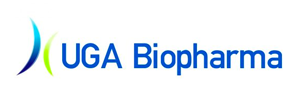
Evidentic offers multiple batches of original drug aliquots in low binding Eppendorf tubes for research use only. We provide licence-free drug aliquots with long, short or even “negative shelf life” by storing the products at recommended temperatures (either 2-8°C or -80°C) and ensuring fully functional molecules for research purposes.
Evidentic GmbH
Martin-Buber-Str. 10
14163 Berlin